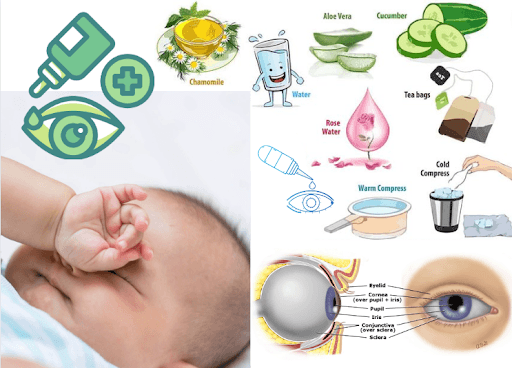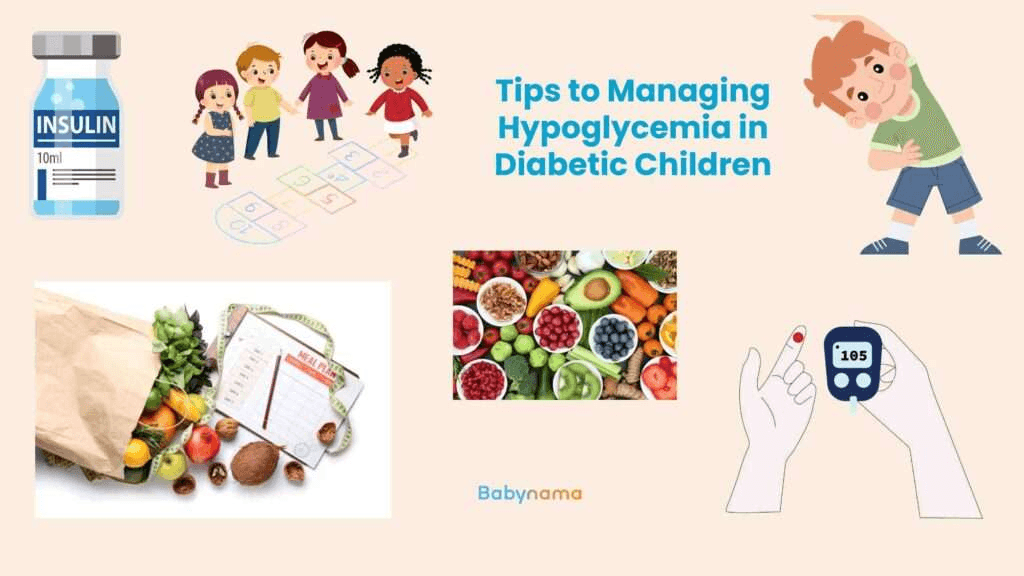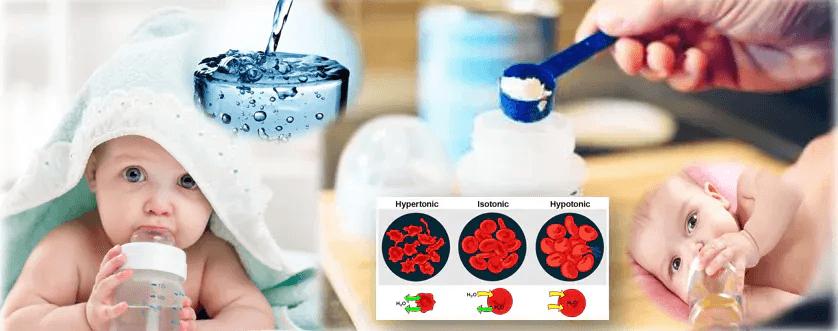
Colic is a common condition in infants that can be distressing for both the baby and the parents. It is characterized by prolonged and intense periods of crying and discomfort in otherwise healthy infants. Understanding the symptoms, causes, and treatments for colic is essential for helping your baby find relief and comfort.
Symptoms of Colic
Colic typically presents itself as episodes of inconsolable crying, often lasting for several hours, usually in the late afternoon or evening. The crying may be accompanied by other signs such as clenched fists, arched back, tensed abdominal muscles, and excessive gas. While all babies cry, a colicky baby’s crying is more intense, frequent, and difficult to soothe.
Causes of Colic
The exact cause of colic is still unknown, but several factors are believed to contribute. Some experts suggest that colic may be related to digestive issues, such as an immature digestive system, food allergies or sensitivities, or the baby swallowing too much air while feeding. Other potential causes include overstimulation, a developing nervous system, or an imbalance of gut bacteria.
Treatments for Colic
While there is no definitive cure for colic, there are several treatments that can help manage the symptoms and provide relief to your baby:
Soothing Techniques: Rocking, swaddling, or gently bouncing your baby can help calm them during colic episodes. White noise machines or a gentle ride in a car or stroller may also provide comfort.
Feeding Adjustments: If you’re breastfeeding, consider altering your diet to eliminate common allergens such as dairy, caffeine, and spicy foods. For formula-fed babies, switching to a hypoallergenic formula might be beneficial.
Burping: Frequent burping during and after feedings can help reduce the amount of air swallowed by your baby, potentially reducing gas and discomfort.
Massage: Gentle tummy massage can help soothe your baby’s discomfort and promote digestion.






